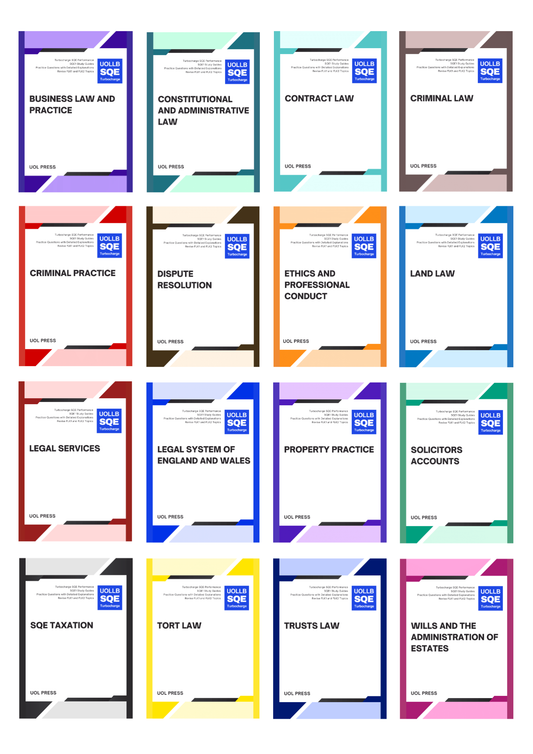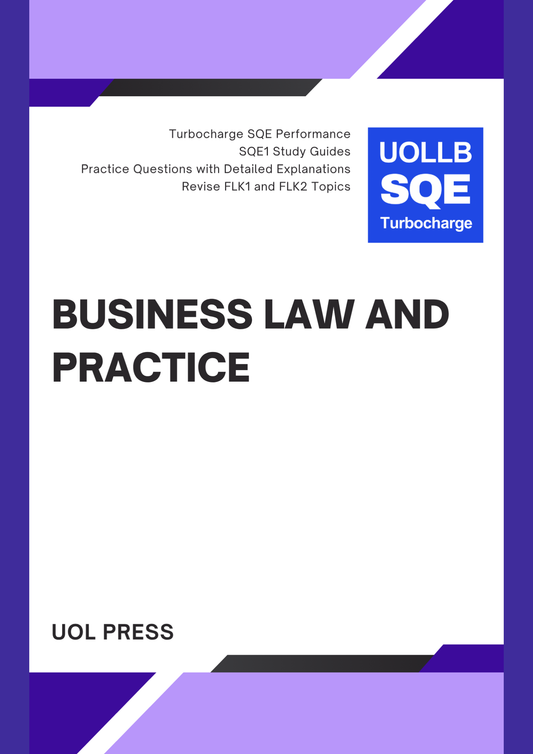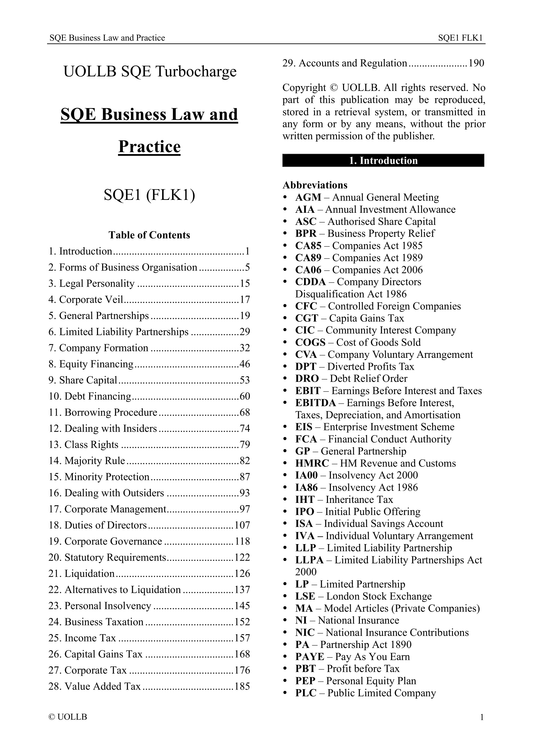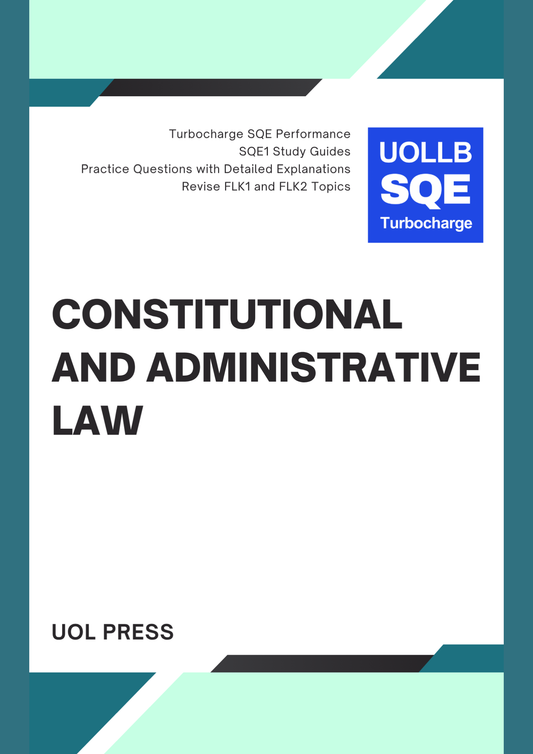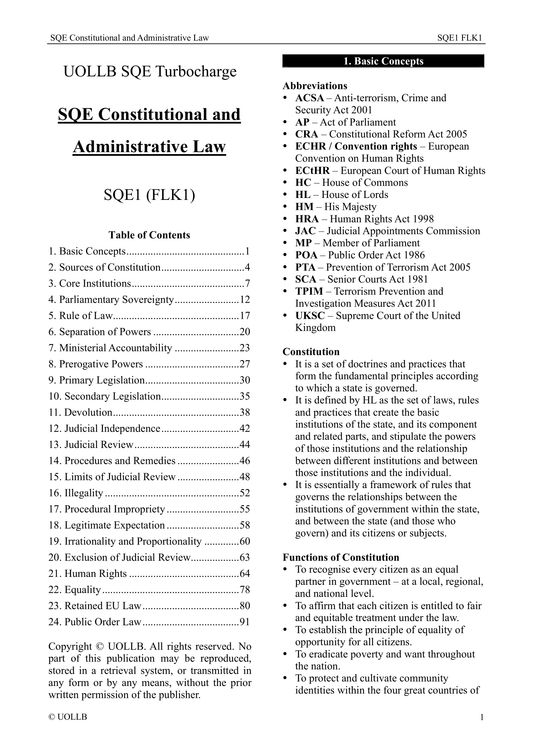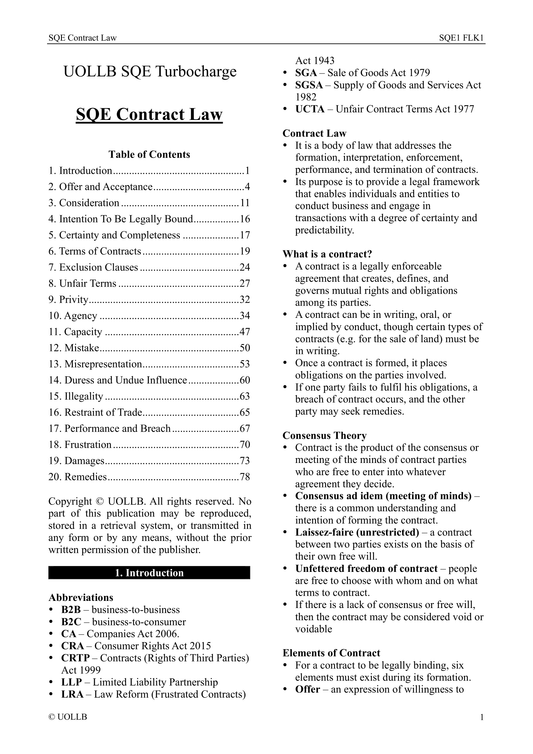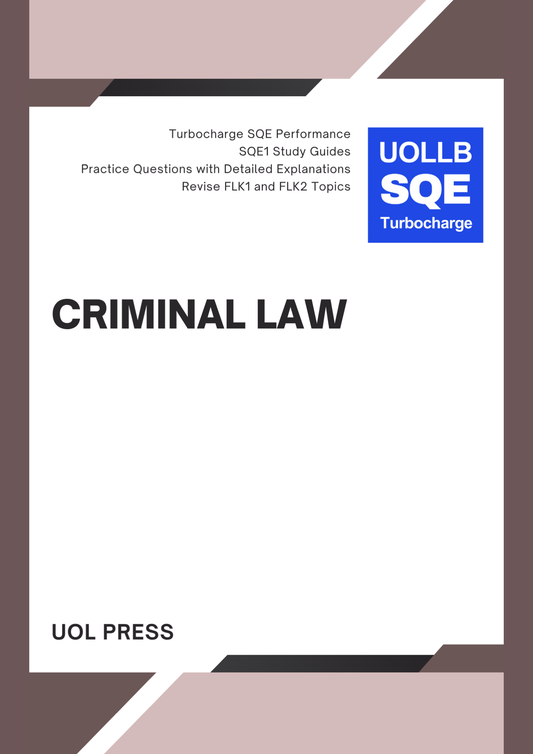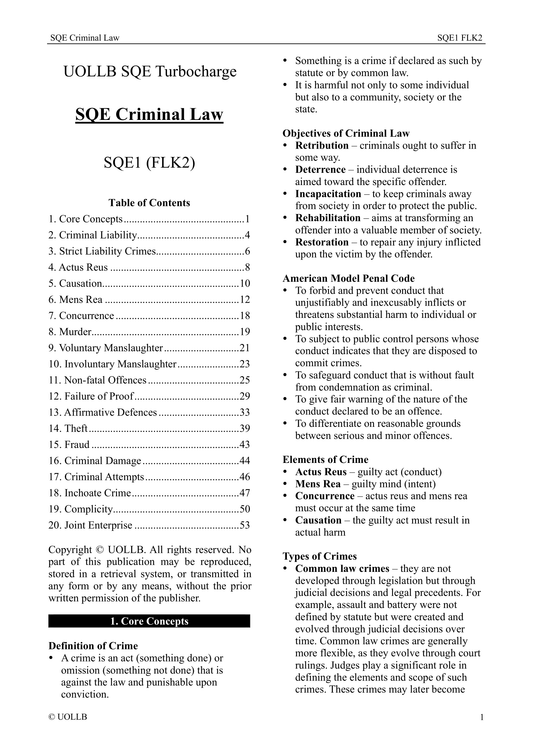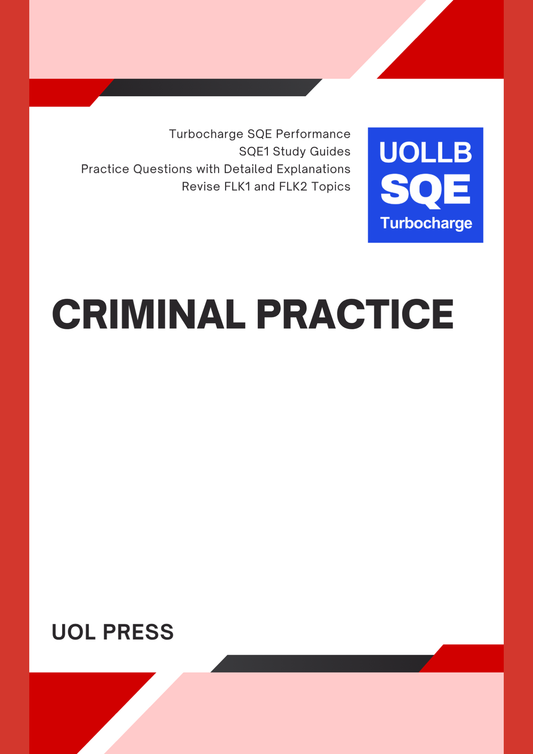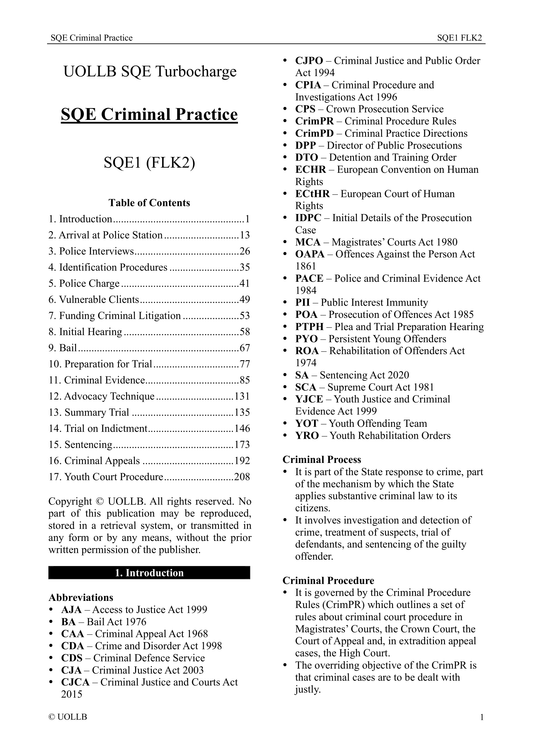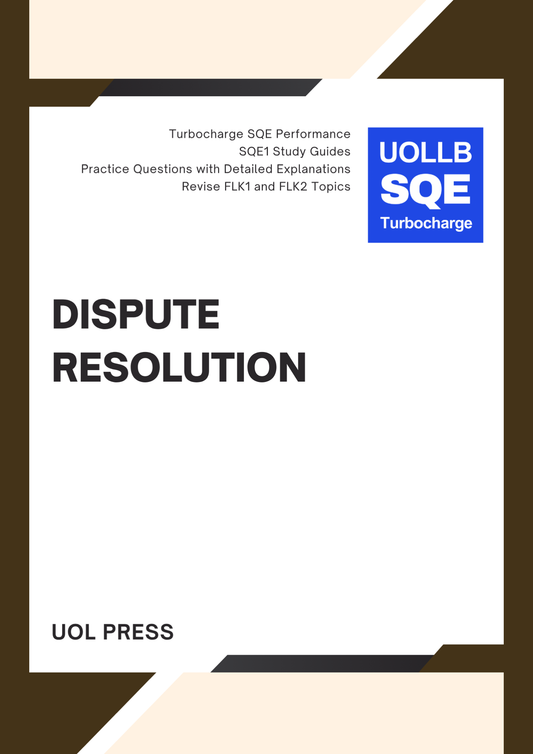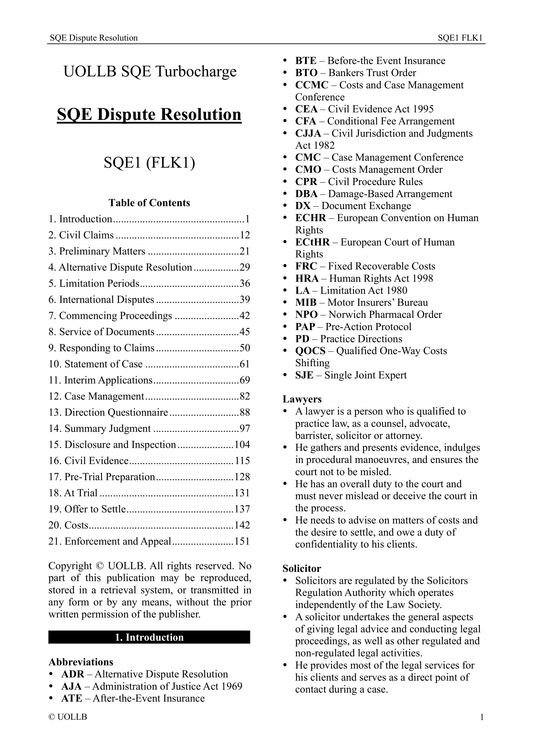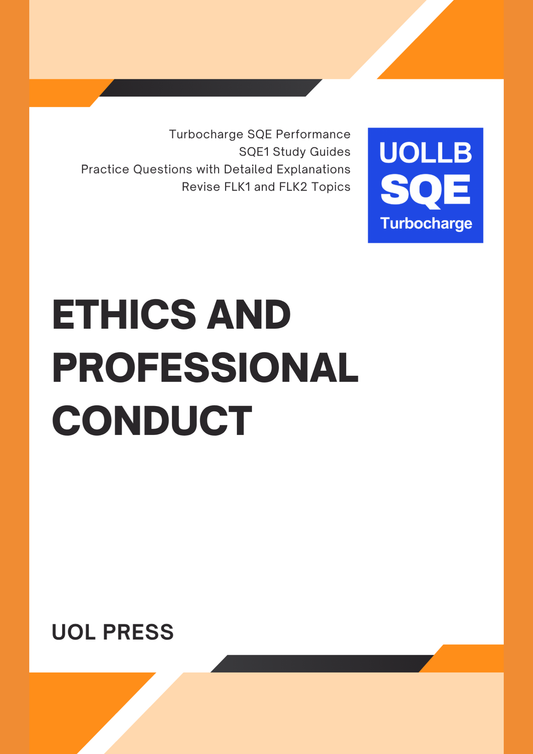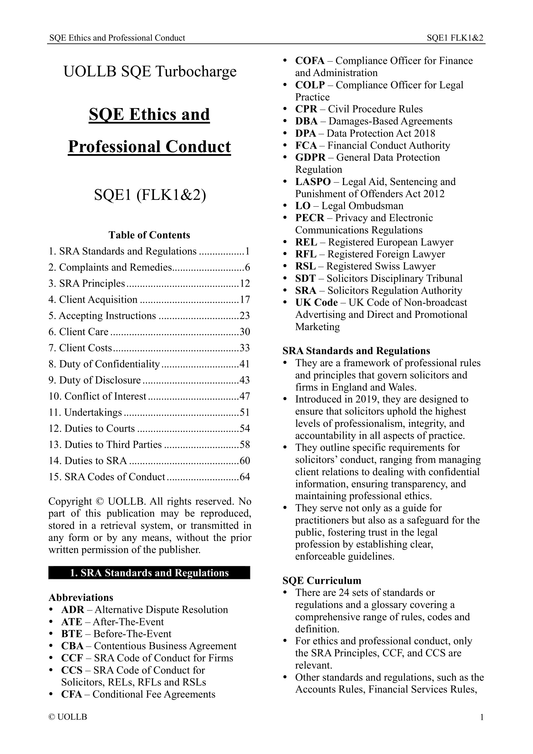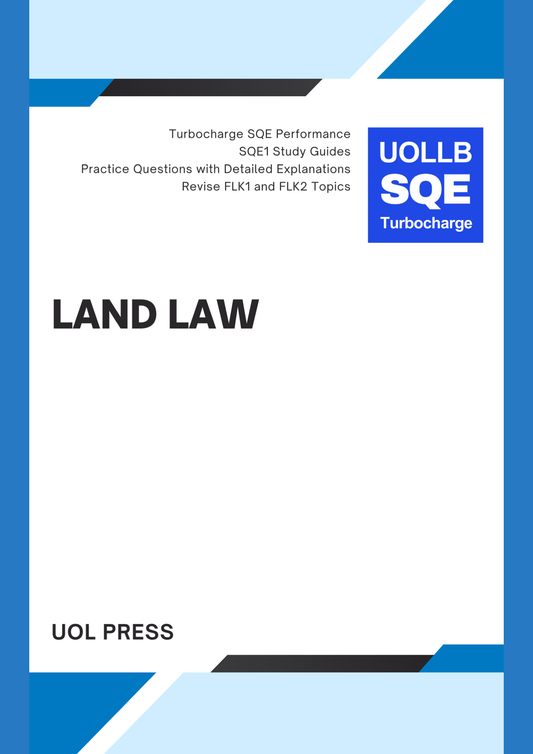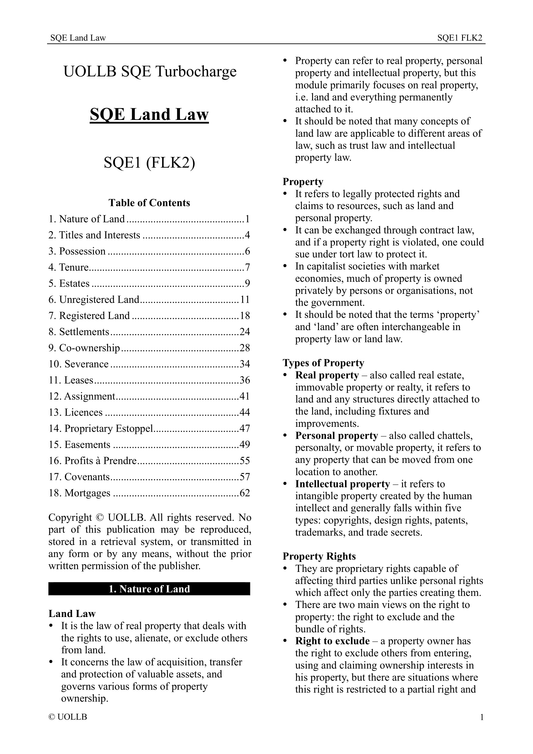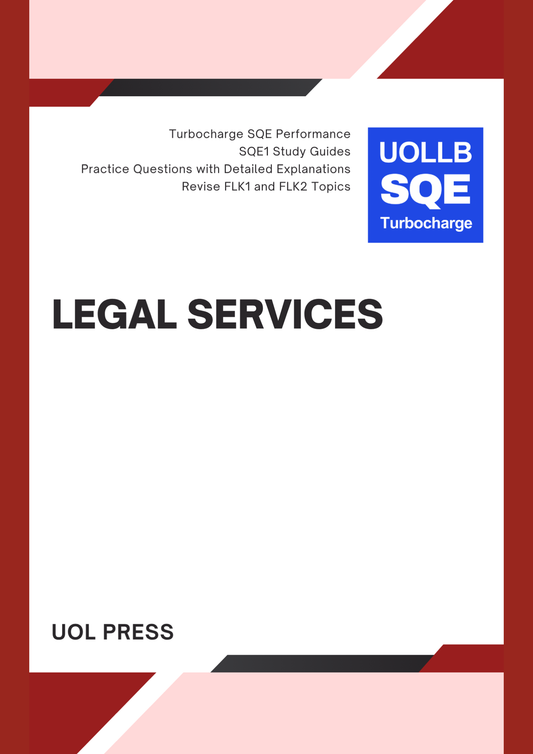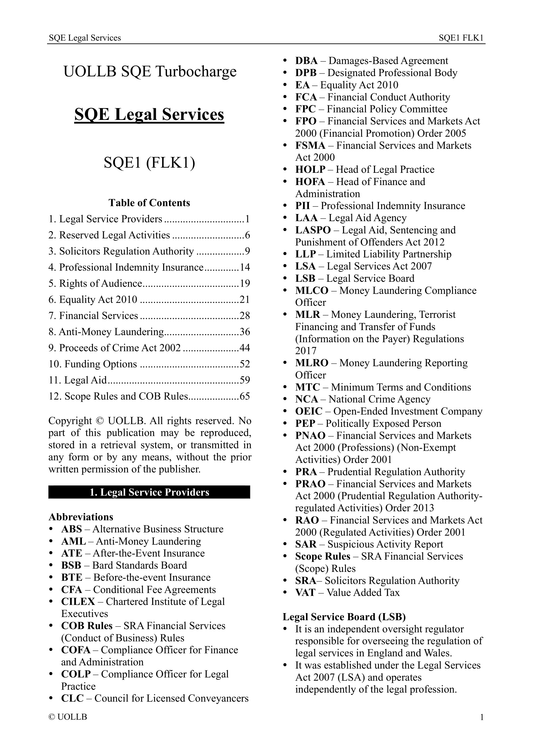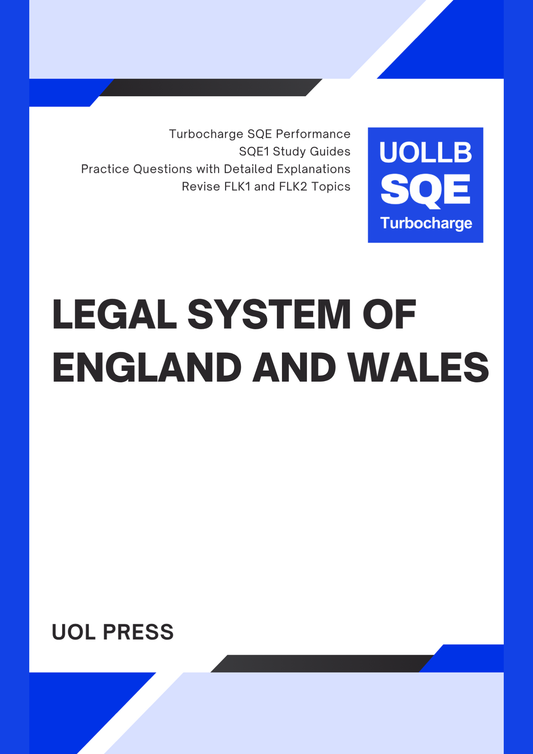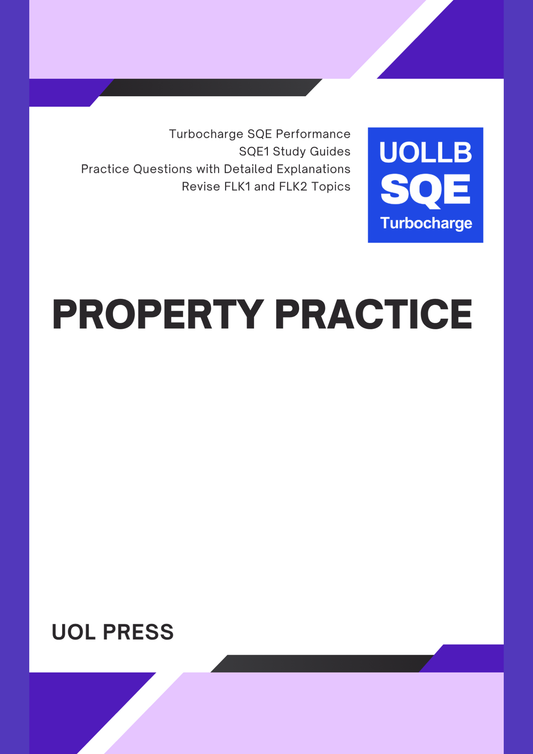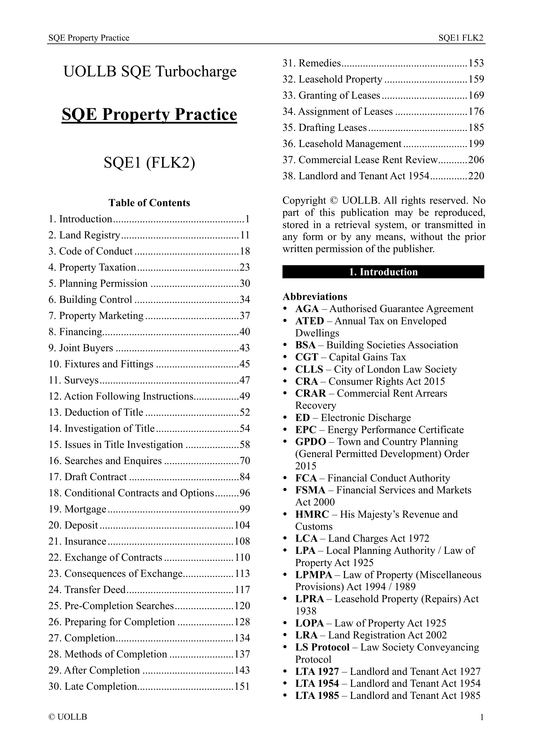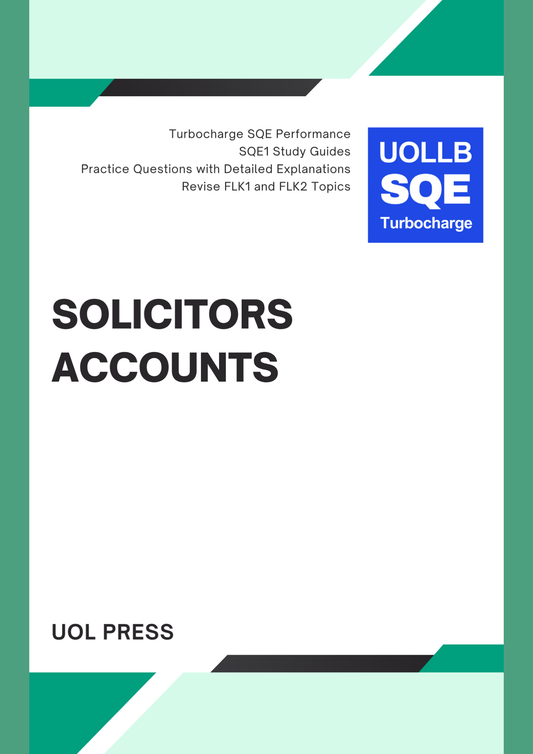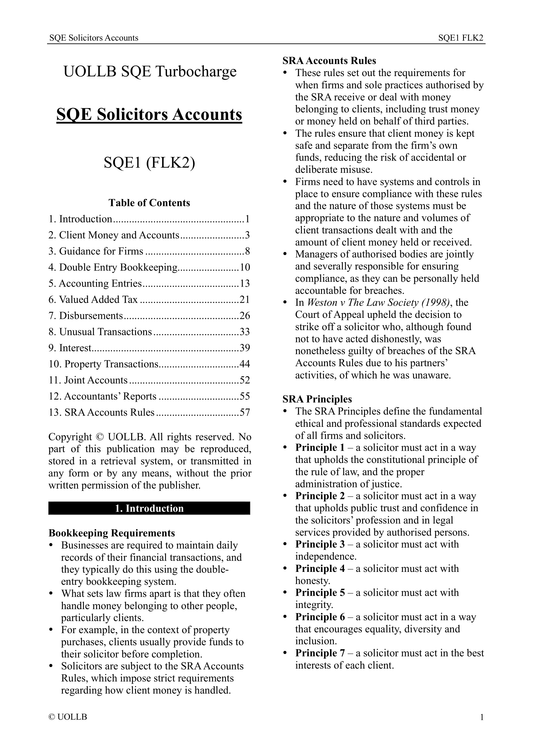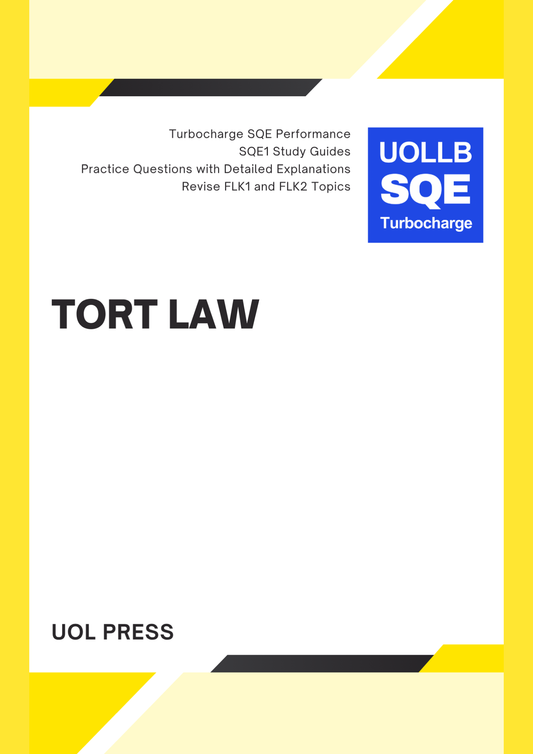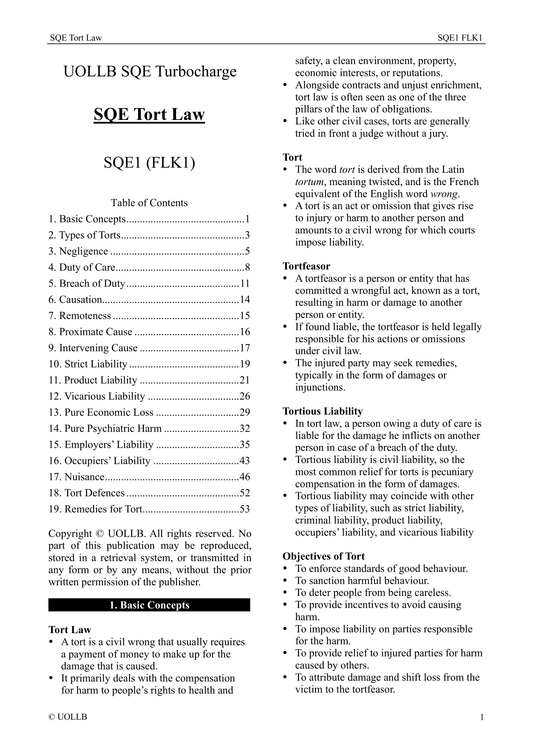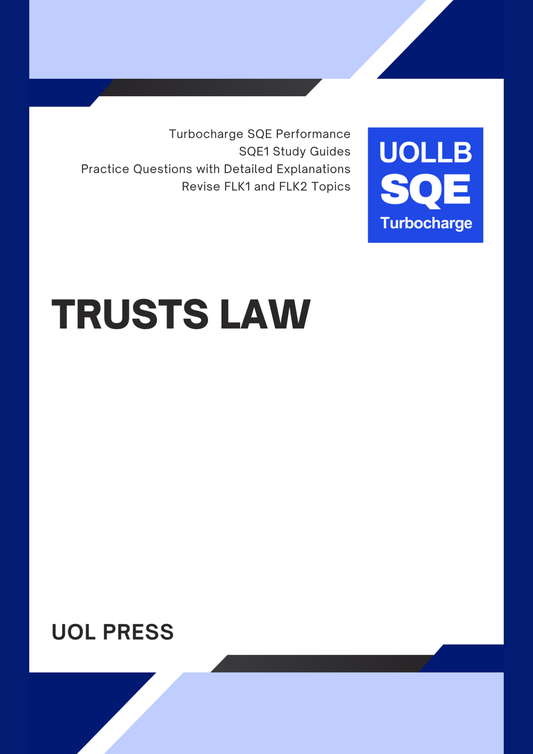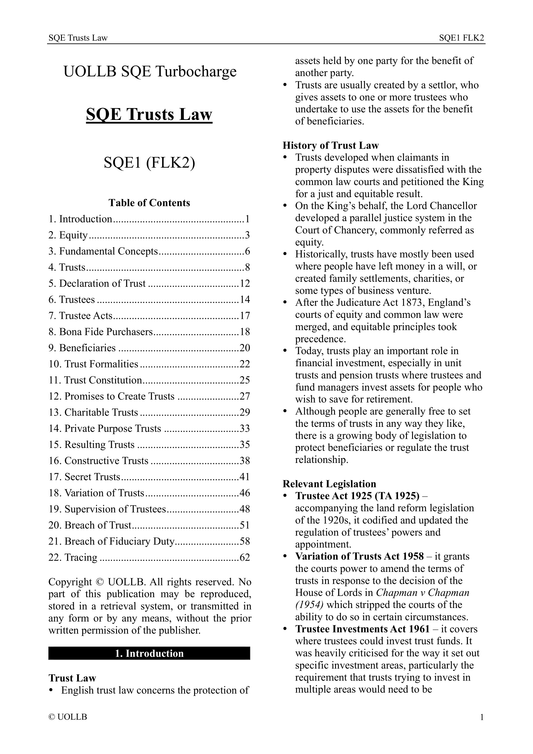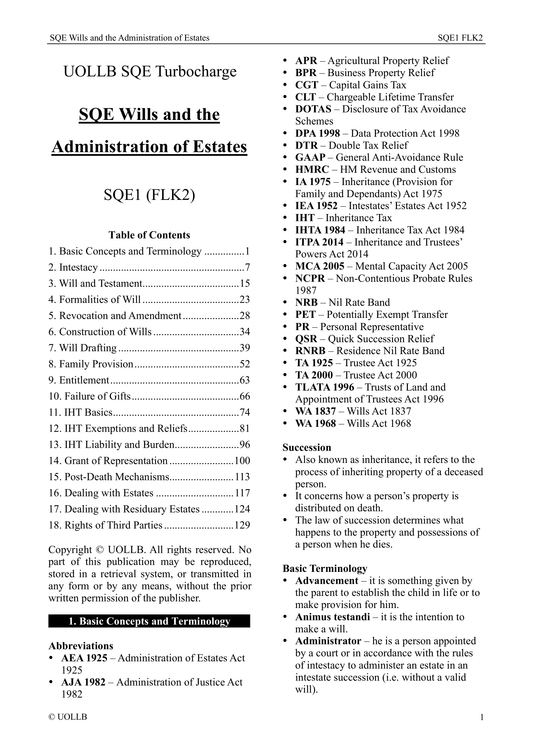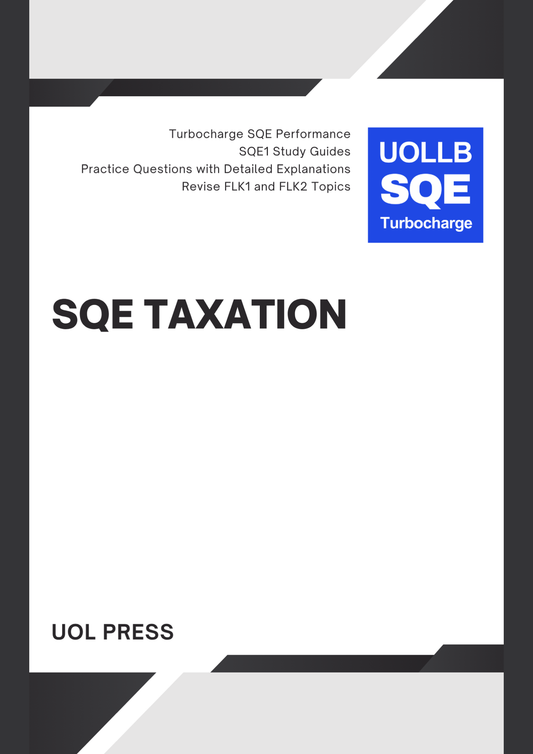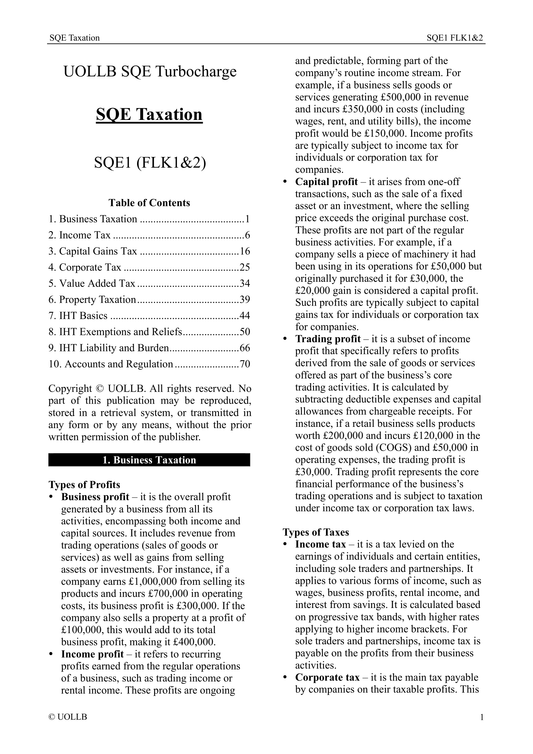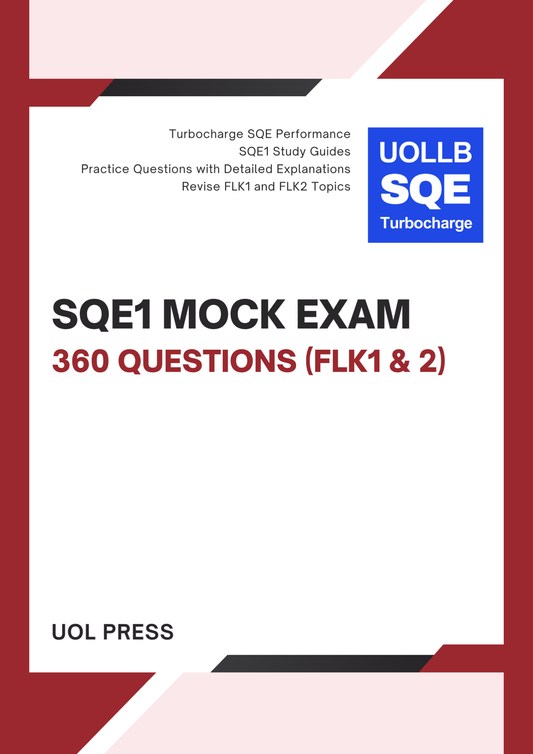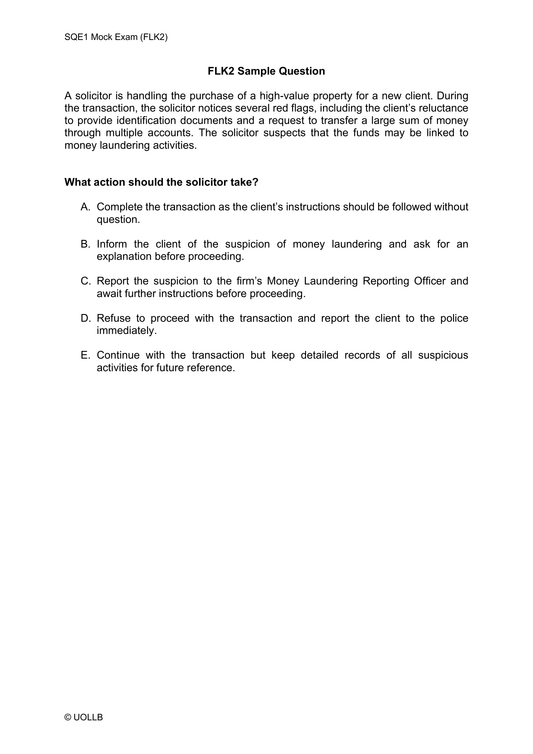SQE2 Oral Assessment
Share
The SQE2 oral assessment focuses on testing your ability to perform key legal tasks through two specific components: Interview and Attendance Note / Legal Analysis and Advocacy. These assessments are designed to evaluate practical legal skills in real-world scenarios and ensure that you can effectively communicate, analyse legal issues, and apply their knowledge to assist clients or represent them in legal proceedings. The oral component of SQE2 is conducted over two half-days, during which you complete a total of four oral legal skills assessments across different areas of practice.
Day 1
You undertake an Advocacy assessment in the context of Dispute Resolution. This involves presenting arguments and submissions in a civil dispute scenario, such as a hearing or negotiation. You are also assessed on your ability to conduct a Client Interview in the practice area of Property Law, followed by the preparation of an Attendance Note that captures the key details of the interview and provides a structured legal analysis of the client's situation.
Day 2
The focus shifts to Advocacy within Criminal Litigation and a Client Interview in the area of Wills and Intestacy, Probate Administration, and Practice. In the criminal advocacy task, you are required to represent a client in a criminal proceeding, such as making a bail application or delivering a plea in mitigation. The second task of the day involves interviewing a client regarding matters of estate planning or probate administration and drafting an attendance note that reflects the client's instructions and the legal issues involved.
You may complete the assessments in a different order, depending on the scheduling of the tasks. The oral assessments emphasise core skills such as effective communication, the ability to analyse legal and factual issues, and the application of professional ethics in resolving client matters or presenting cases.
The Interview and Attendance Note / Legal Analysis component requires you to gather and record relevant information from clients while demonstrating your ability to analyse and address the legal issues raised. The Advocacy tasks focus on the ability to present persuasive oral arguments tailored to the specific legal context, whether civil or criminal. Both components integrate legal knowledge, practical skills, and professional judgment to ensure that you are prepared for the challenges of practice as a newly qualified solicitor.

